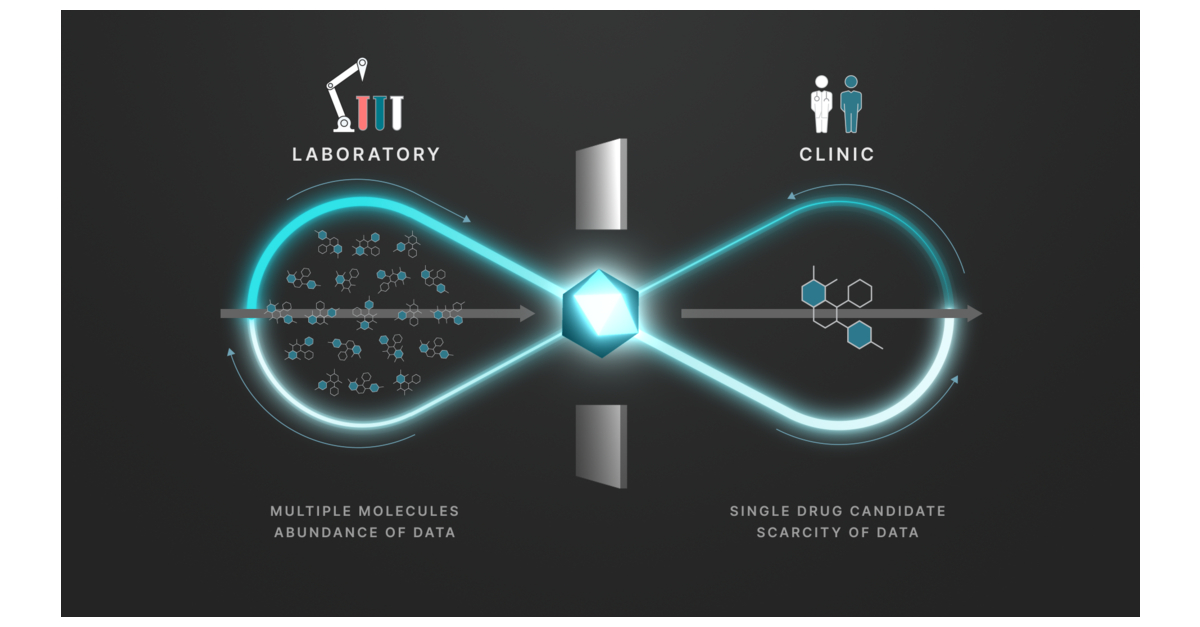Improving healthcare in the intelligent age requires cultural change
It’s no secret that we are living in an age of unprecedented disruption. Innovation is moving at an astounding pace, impacting how we connect and communicate across industries globally. Artificial Intelligence (AI) innovation is advancing far faster than other technological breakthroughs, with collaboration between pharma companies, biotech, academia and startups bringing new game-changing tools to the healthcare market.

The Impact of AI in Healthcare
From developing scientific progress to patient touchpoints, AI can optimize and elevate at all levels. Leadership is key to encouraging teams to restructure and adopt an open mindset regarding AI in their field. BCG proposed the 10-20-70 rule for successful generative AI (GenAI) transformation, which involves focusing 10% on building new algorithms, 20% on infrastructure, and 70% on people and processes.
Leaders must recognize that we can only harness AI innovation’s full capacity if we initiate cultural transformation, creating an openness to change among people. AI tools can advance research and development by validating drug targets more quickly, optimizing clinical trial design structures, and speeding up the new drug screening process by up to 50%.
Transforming Drug Discovery
Iambic Therapeutics, for example, recently announced a new AI drug discovery model called Enchant that streamlines research processes by predicting how a given drug will perform, even at the earliest stages of development, cutting years off time-consuming and expensive preclinical development processes.

Adopting AI means letting go of old ways of working. The technology will point to the most promising projects for investment and those less likely to succeed. Resources will be shifted, and some projects will be eliminated, requiring a culture and mindset shift that is not easy to achieve.
Enhancing Patient Recruitment
Recruitment proves continuously challenging, costing nearly $2 billion annually and resulting in 85% of clinical trials failing to recruit or retain a large enough sample size. Leaders can utilize AI tools to streamline this challenging process by efficiently identifying individuals who are qualified matches to participate in trials.

Companies such as Johnson & Johnson apply machine learning and AI algorithms to bring trials directly to patients. Sanofi, Open AI, and Formation Bio recently collaborated to produce Muse, the first AI-powered tool to speed up clinical trial recruitment.
Personalized Healthcare Solutions
People expect and deserve the personalized solutions AI is already helping healthcare professionals develop, including individual treatment plans. These relationship mappings between drugs and factors can determine predicted patient outcomes and identify best-fit treatments.
Research from Genomics and Stanford University indicates that new genetic screening tests can identify those at risk for common premature diseases, including hypertension, breast cancer, and diabetes. These tools would identify genetic warning signs for these conditions, allowing health professionals to offer vulnerable groups earlier intervention and treatment.
Privacy and Data Concerns
With the increased capabilities of pooled data, concerns about privacy are rising. To combat these hesitations, Owkin and others have utilized federated learning to ensure that stored data builds an atlas of data where key findings are analyzed to come out with gated solutions but the data remains protected at the academic centre.
Cultural Shift and Learning Mentality
As with any new technology, change will receive resistance. Early adopters and leaders must translate how these tools can be used in real, tangible ways. At the heart of this is a need for a cultural shift to a learning mentality that rewards experimentation and innovation.
Satya Nadella stated that we have to move from an educational organization to a learning organization. Healthcare has traditionally been focused on providing education and advice. In today’s age, the shift to engagement will be critical to ensuring stakeholders’ buy-in.



















